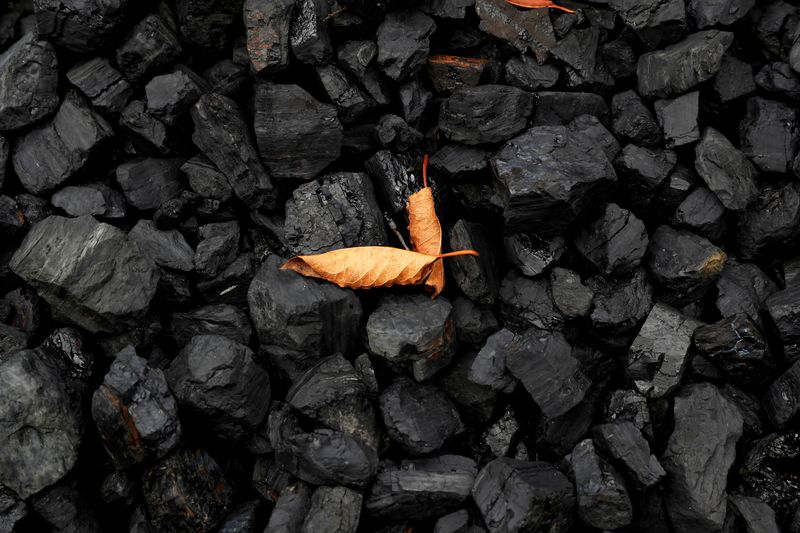(Refiles to remove extraneous word from headline)
By Valerie Volcovici
WASHINGTON (Reuters) - The U.S. government can tap nearly $38 billion from existing federal funds to revitalize communities hard hit by the closure of coal mines or coal-fired power plants, a White House-appointed group wrote in a report for President Joe Biden released on Friday.
The Interagency Working Group on coal and power plant communities, which Biden established in a January executive order, identified available federal resources that can be used to spur economic development in areas affected by the demise of coal due to market forces and the shift toward cleaner energy.
“The coal and power plant workers who built our nation can play a huge role in making America’s clean energy future a reality, and this report outlines just the first steps the Biden Administration is taking to make sure they have those opportunities - right in their communities,” said Energy Secretary Jennifer Granholm, a member of the working group.
The Energy Department also announced $109.5 million in additional new funds to jumpstart "next-generation industries" such as carbon capture projects on existing industrial and power plants, and critical mineral extraction from waste streams that will create jobs directly in affected communities.
Biden has made climate change a priority issue for his administration. He portrays his goal to halve U.S. greenhouse gas emissions https://www.reuters.com/business/environment/us-pledges-halve-its-emissions-by-2030-renewed-climate-fight-2021-04-22 this decade by accelerating renewable energy and electric vehicles as a creator of well-paid, union jobs.
But some workers in the fossil-fuel industry and communities dependent on those industries remain wary of the transition https://www.reuters.com/article/us-usa-election-labor-renewables-analysi-idUKKBN27F1KN to renewable energy because those jobs often lag behind in union representation, pay and benefits and may not be located nearby.

The report https://netl.doe.gov/IWGInitialReport, released during Biden's two-day climate leaders' summit, identifies the 25 regions most affected by coal's decline that should be prioritized for investment and funding opportunities that can be used to finance abandoned coal mine and oil well remediation, support small business and improve roads, broadband and water systems.